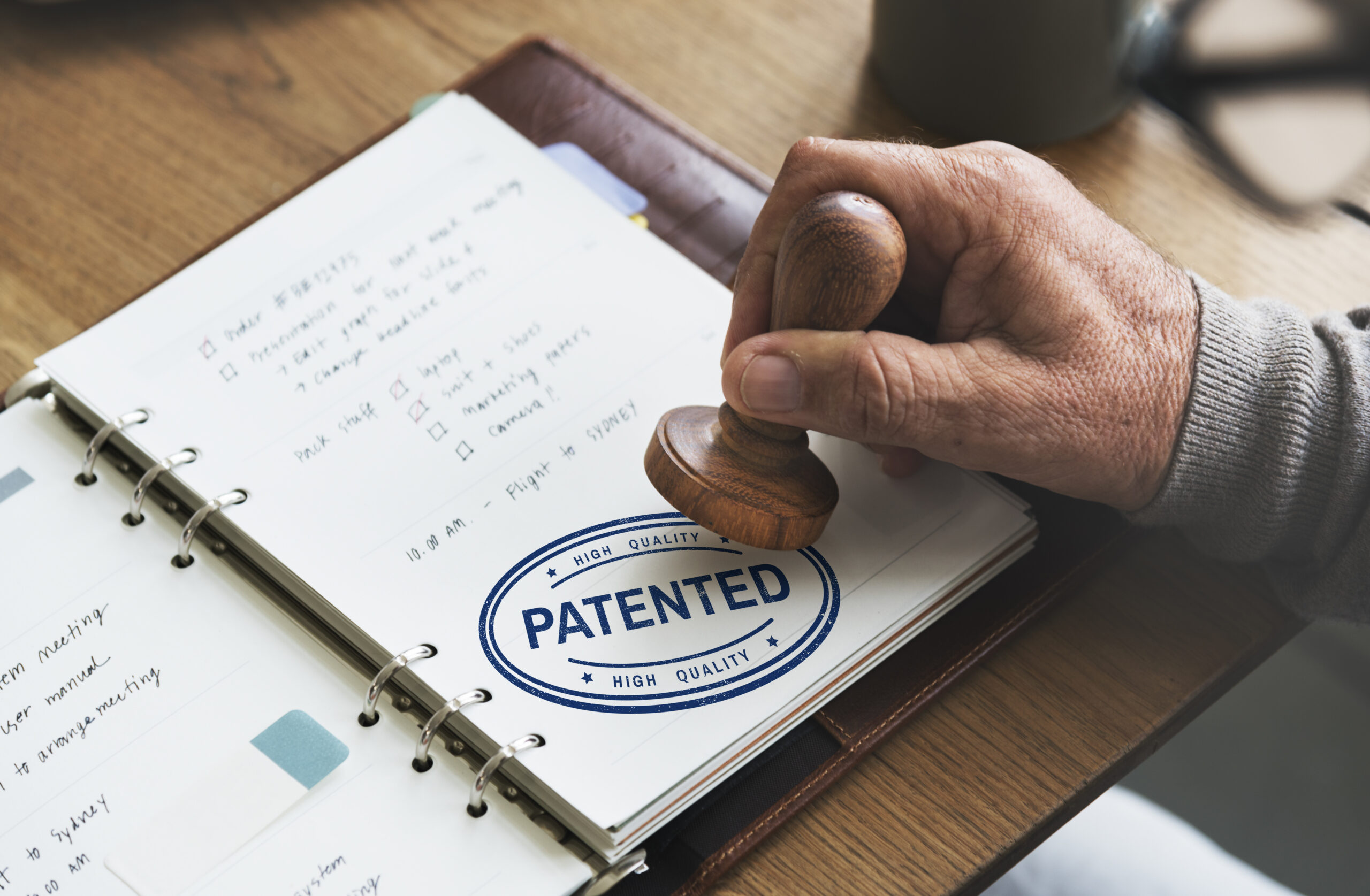In Lesotho, patent protection plays a critical role in safeguarding innovation by granting inventors exclusive rights over their creations for a limited time. A patent is essentially a legal right issued to an inventor for a new and useful invention, giving the patent holder exclusive control over the invention’s use, manufacture, and commercialisation. This exclusivity acts as an incentive for innovation, allowing individuals and businesses to develop, refine, and eventually market their technological advancements without immediate fear of replication or unfair competition.
According to Lesotho’s Industrial Property Order No.5 of 1989, an invention refers to a novel idea that offers a practical solution to a specific problem in a technical field. This can be either a product or a process that introduces a new way to achieve a desired result. To be eligible for patent protection, the invention must provide a technical improvement that is both functional and capable of industrial application.
Not every innovation qualifies for a patent. The law sets out three primary criteria that any invention must meet to be patentable in Lesotho. First, the invention must be new, meaning it must not have been publicly disclosed anywhere in the world before the patent application date. Any duplication or minor alteration of an existing idea will not qualify. Second, the invention must involve an inventive step, showing that it is not obvious to someone with knowledge and experience in the relevant field. Third, the invention must be industrially applicable, meaning it can be used in any sector of industry, whether in agriculture, manufacturing, healthcare, or other fields, to solve a technical problem.
To apply for patent protection in Lesotho, the inventor must submit a formal application to the Registrar of Industrial Property. The application must include a request for the patent, a clear and comprehensive description of the invention, one or more claims that define the scope of protection, and any drawings necessary to clarify how the invention works. An abstract must also be provided. If the applicant is not the original inventor, a signed statement justifying the applicant’s legal right to file the application is required. The Registrar will only accept the application if the invention is described in such detail that a person skilled in the field can reproduce it without undue effort.
Certain innovations are explicitly excluded from patent protection. These include scientific discoveries, mathematical methods, theories, business methods, mental acts, and games. Methods for surgical or therapeutic treatment of humans or animals, as well as diagnostic techniques performed on living bodies, also do not qualify. Additionally, Lesotho’s legal framework does not currently recognise software or computer programs as patentable subject matter.
While there is no exhaustive list of patentable inventions under the Order, any invention that is new, non-obvious, and capable of industrial application may be considered. It’s important to note that obtaining a patent does not guarantee financial return or commercial success, it simply grants exclusive legal rights that prevent others from using or exploiting the invention without permission. For this reason, inventors are encouraged to conduct a feasibility assessment and develop a commercialisation strategy before proceeding with a patent application.
If an invention is developed jointly by more than one person, they will be considered co-inventors, and the patent will be jointly owned unless otherwise agreed. It is also mandatory to disclose all co-inventors in the application. This ensures legal recognition of all contributors to the invention and clarity regarding ownership rights.
In Lesotho, a patent is valid for 15 years from the date of grant. However, this period can be extended by an additional 5 years, provided that a renewal request is submitted to the Registrar between 12 and 1 month before the original expiry date. The extension will only be granted if the applicant can demonstrate that the invention is still in use and being further developed.
Despite its benefits, a patent can be revoked if it fails to meet the required legal standards. Under section 16 of the Industrial Property Order, any person with a legitimate interest may approach the courts to invalidate a patent. Grounds for invalidation include the lack of novelty, the absence of an inventive step, non-industrial applicability, or that the invention does not fall within the realm of patentable subject matter. If the court finds that any of these conditions are not met, it may declare the patent null and void.
In summary, patent protection in Lesotho offers inventors a powerful tool to secure and commercialise their technological breakthroughs. However, understanding the legal requirements, application process, and limitations is essential for maximising the benefits of this intellectual property right. Inventors are encouraged to seek professional guidance and ensure that their inventions meet all legal standards before filing a patent application.

